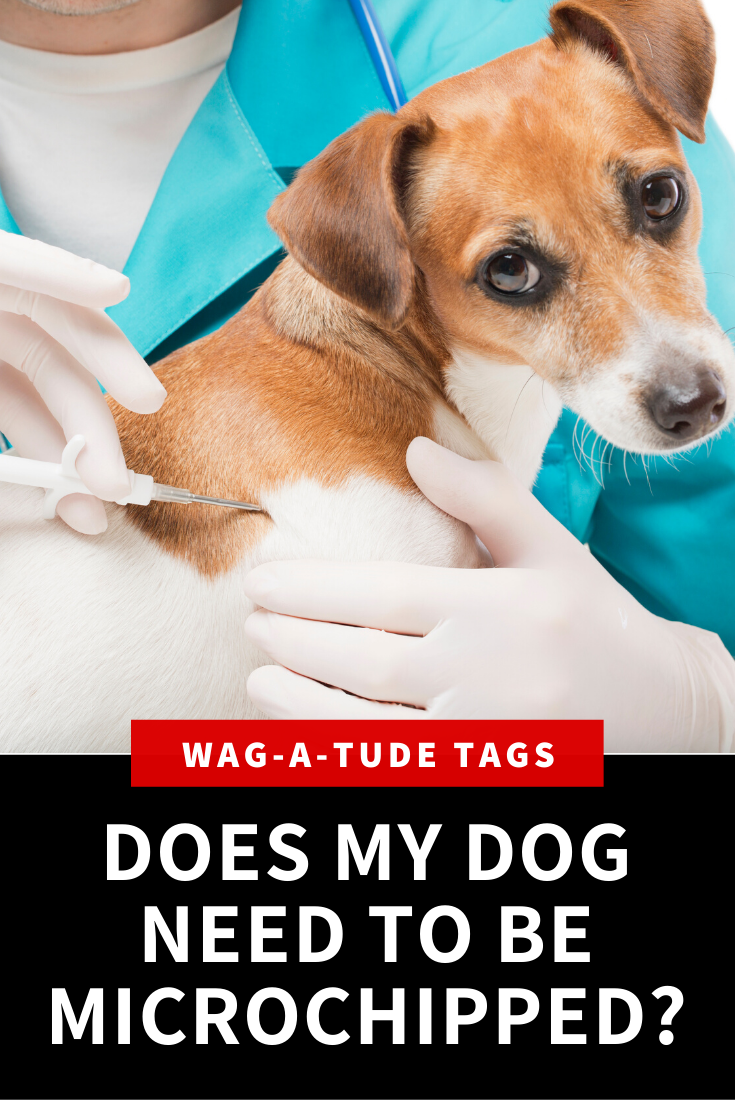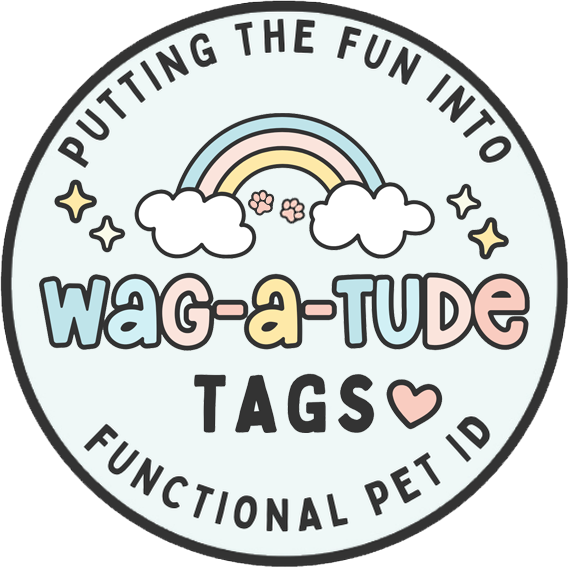
All you need to know about microchipping your dog
All you need to know about microchipping your dog
Does my dog need to be microchipped?
In a word, yes. Since 2016 all dogs in England, Scotland and Wales are legally required to be microchipped and their details held on an authorised database. This has been the law in Northern Ireland since 2012.
What are the benefits of microchipping my dog?
Should your dog ever go missing, microchipping greatly increases the chances of them being found. While a collar and dog id tag with your contact details on should always be your first port of call, if your dog gets into trouble this can fall off, break or be removed. A microchip is embedded under the skin and can be scanned by the police, local authority or vets to identify and contact the owner.
What if I don't want to microchip my dog?
Should your dog come to the attention of the authorities, you may be served with a notice to get the dog microchipped. If you fail to do so, you can face criminal prosecution and a fine of up to £500.
What is a microchip?
A microchip is a tiny electronic device, roughly the same size as a grain of rice that is implanted under your pet's skin, usually between the shoulder blades. When the chip is scanned it reads a 15 digit number that is unique to your dog. This unique number is registered on a national database with your dog's information and your contact details.
Does microchipping a dog hurt them?
No. Microchipping is very similar to any other injection like vaccinations and is over within a matter of seconds.
How long does a microchip last?
Microchips are extremely tough and hard wearing and should last your dog's lifetime.
Where can I get my dog microchipped?
Microchips should only be implanted by those qualified to do so. Most local vets offer this service, as do the PDSA and some Pets At Home stores.
How much does microchipping cost?
The cost of microchipping varies and there may be a local charity or event running in your local area that offers free or reduced cost microchipping. Check out chipmydog.org to find out if there are any events near you.
Are my dog's contact details safe on the database? Who can contact me?
You will supply your contact details to the database company when the microchip is implanted. Most often these include your name, address, phone number and your dog's details such as name, breed, colour. These are held securely and only passed on to registered services such as vets, dog wardens, police or re-homing centres in the event that your dog is handed in.
Do I need to update my details?
Yes. It is required by law that the details held on the database are kept up to date. This means that should you move home or change your phone number you will have to contact the database company to let them know. Also, should you re-home your dog you will have to let the database company know and share your dog's microchip information with the dog's new owner so they can keep the microchip up to date with their details.
What should I do if my microchipped dog goes missing?
If your dog should go missing contact the microchip company straight away to let them know. This means should your dog be handed in and scanned it will be flagged that you are actively looking for them. It is also a good idea to contact all vet practises in the local area and the dog warden. Social media is another great platform to get the word out locally.
Who are the different microchip database companies and how do I contact them?
You will be given paperwork detailing which database your dog is registered with when the chip is implanted. Keep this safe.
The main registered database companies in the UK are:
- Anibase 01904 487600 / www.anibase.com
- PetIdentity UK 01744 733229 / www.petidentityuk.info
- PetLog 0844 4633999 / www.petlog.org.uk
- Pet Protect 0800 0778558
- Pettrac 0800 6529977 / www.pettrac.co.uk
- Smarttrace 01208 420 999 / http://www.smarttrace.org.uk/
